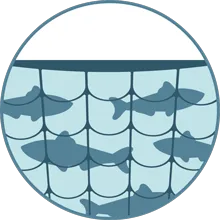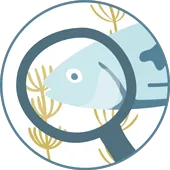
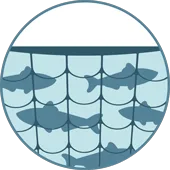
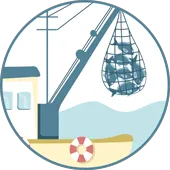
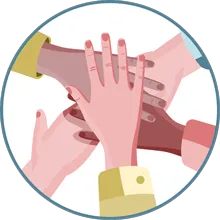
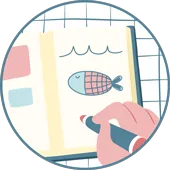
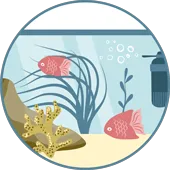
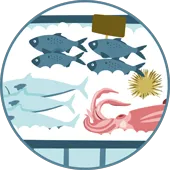
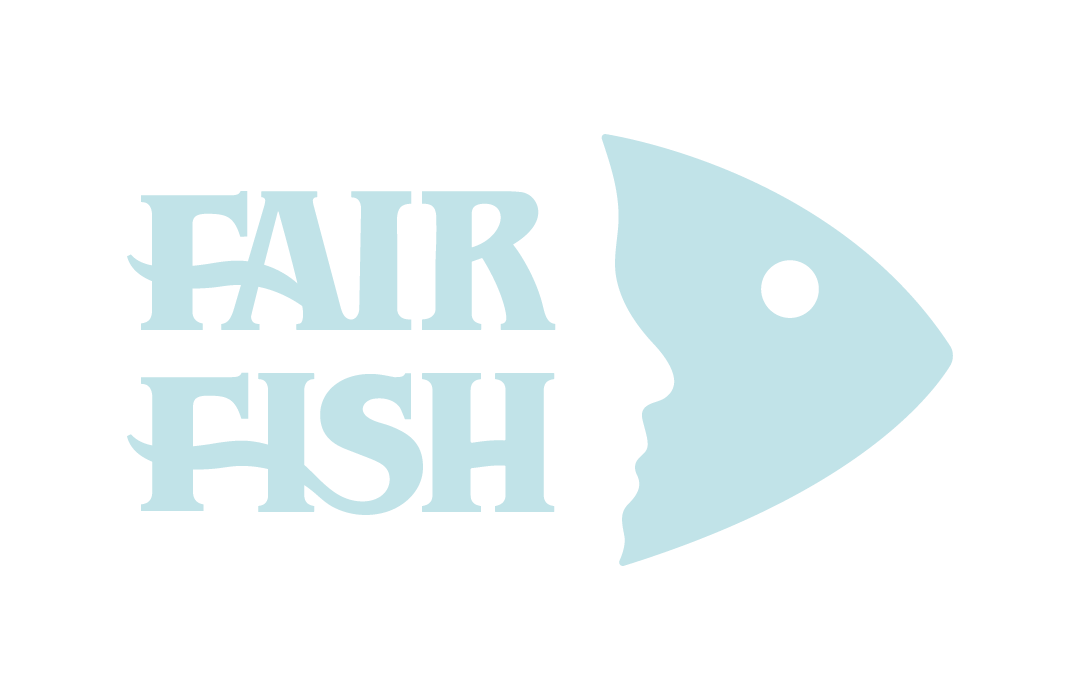
Aquaculture is often seen as a good alternative to fishery, and the industry hopes that it will both secure food for people and stop the reckless overfishing of the oceans.
What has received too little attention to date is, on the one hand, the answer to the question of which fishes are suitable for aquaculture and, on the other hand, how the animals can be kept in a species-appropriate manner.
In the Carefish/farm project, we have been dedicated to improving the situation for fishes and other aquatic creatures in aquaculture since 2017.
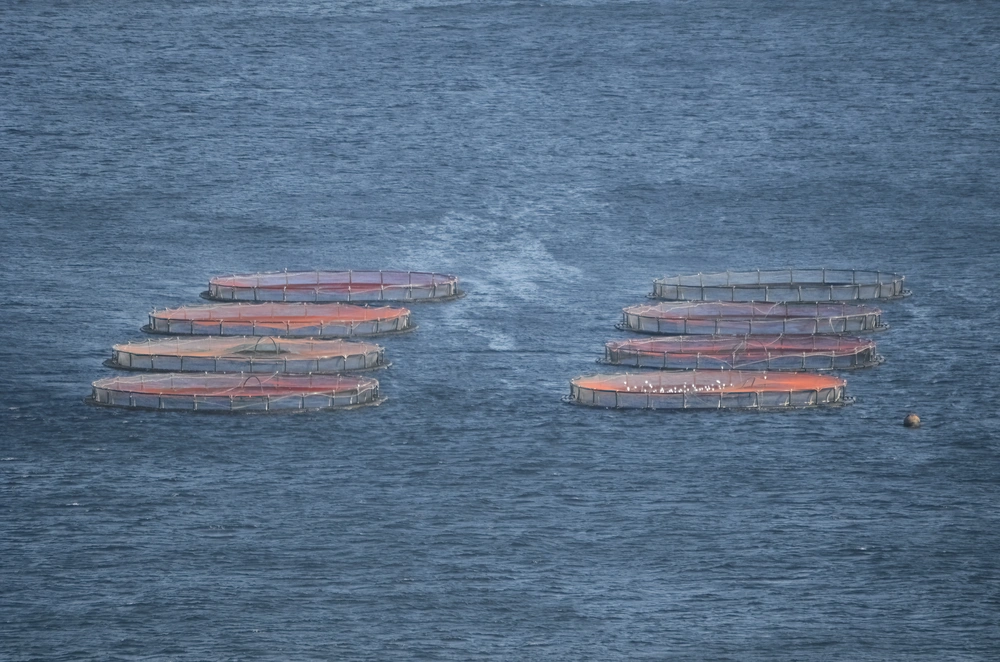
HomePublicationsThank you!Summer ShoalTeamfair-fish bookSocial mediaConsumptionDonateAssociationEventsData privacyOnline ShoalImprintfair-fish Marine schoolConsultancyWhich labels?Bequestfair tradePartnersArchiveAquaristicsJobs/InternshipsHistory & VisionCarefish/catchFisheryCarefish/farmFarmingfair-fish databaseImprintData privacyNewsTeamDid you know...?fish-factsAnnual reportsNewsletterMessagefish-facts SubscriptionInstagramFacebookTwitter / XLinkedIn

